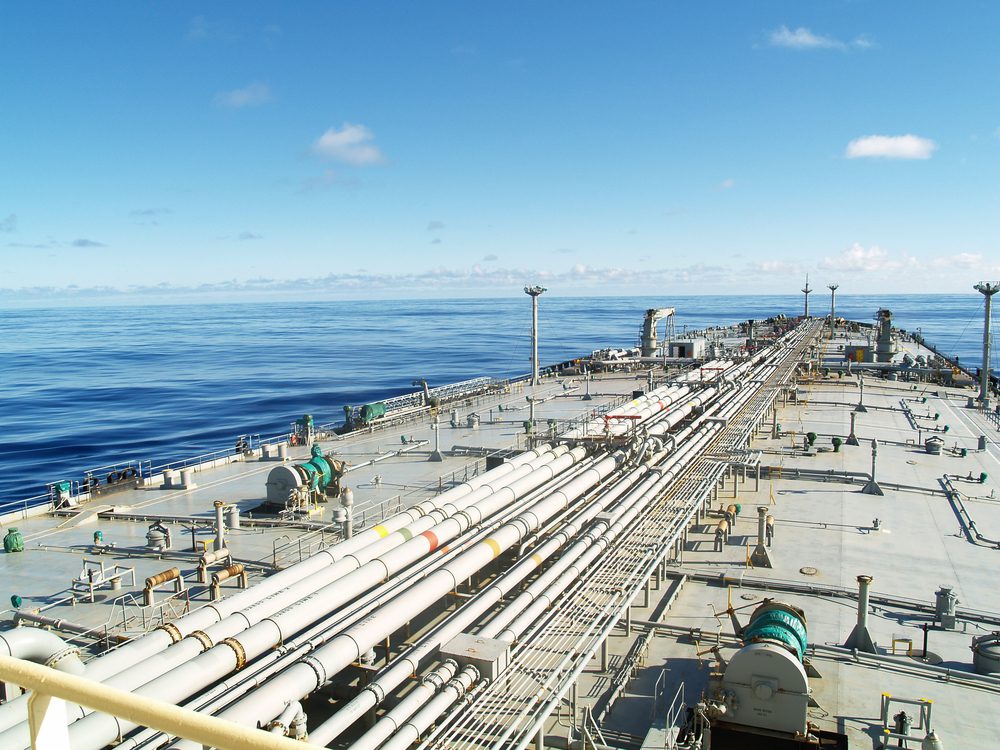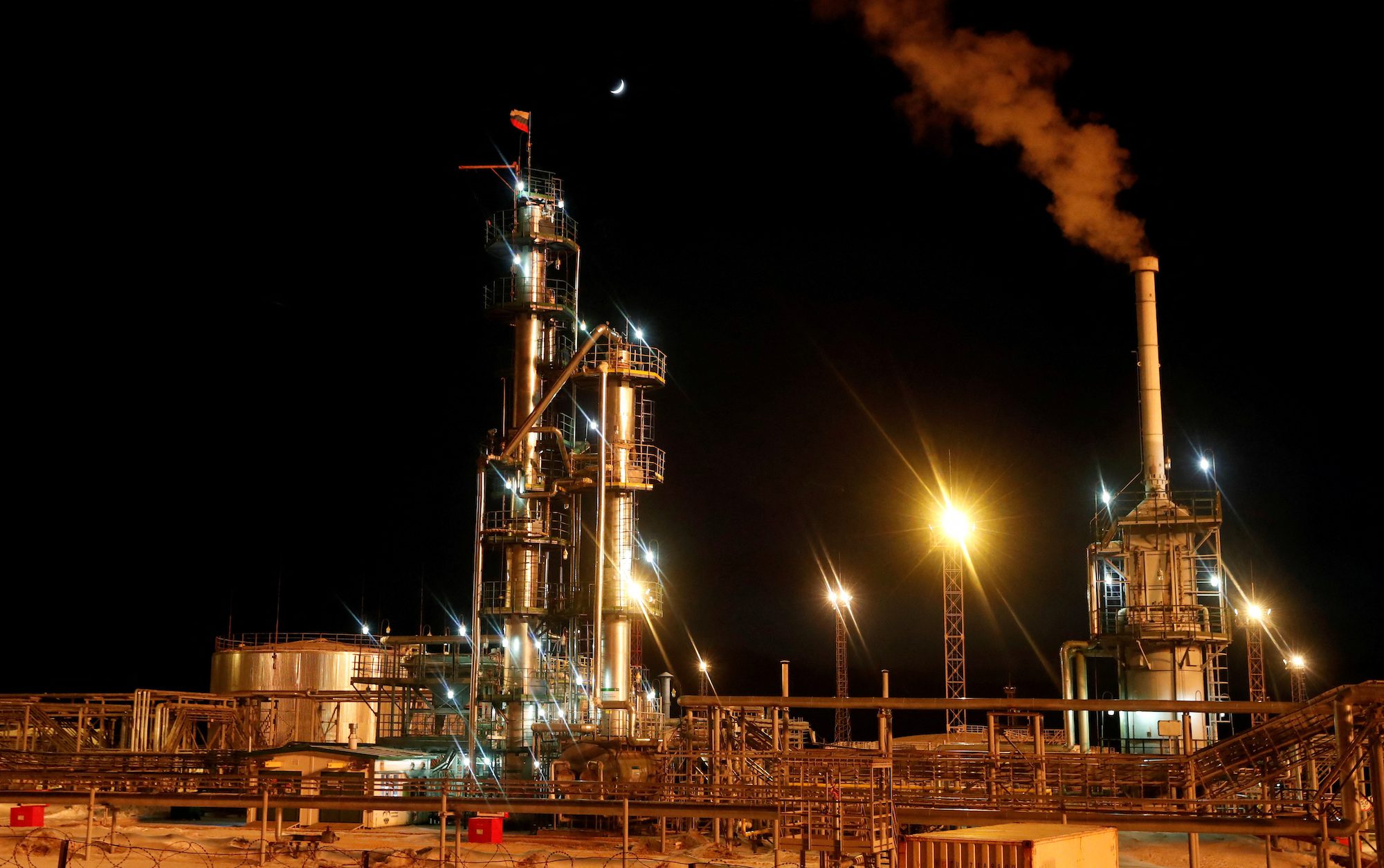 By Libby George
By Libby George
LONDON, July 20 (Reuters) – Nigeria’s state oil company NNPC has banned 113 oil tankers from the country’s waters, citing a directive from President Muhammadu Buhari, in what traders said could be part of efforts to crack down on illegal crude oil trading.
The vessels, which include mainly VLCC crude oil tankers, are banned from calling at Nigerian crude oil terminals and also from Nigerian waters with immediate effect, said a letter circulated by NNPC, “pending a notice to the contrary by government”.
The letter, a copy of which was seen by Reuters and which gave no reason for the ban, was dated July 15. NNPC did not immediately respond to requests for comment.
Since taking office in May, Buhari has been working to fulfil a campaign promise to tackle corruption, particularly in the oil industry. He has dissolved the NNPC board and ordered an investigation into a scheme through which the country swaps crude for oil products such as gasoline.
But some oil traders and vessel owners noted the list included ships that have not called at Nigerian ports for years, as well as several tankers, such as the Happiness, the Huge and the Diona, operated by Iranian group NITC, which has had little business for Nigeria for some time.
Some of the vessels are also listed twice, meaning the number of banned vessels could be smaller than 113.
A trader with a major oil company said there was no obvious reason for the ban, while a source close to operations at Indian Oil Corp, a key buyer of Nigerian crudes, said the refiner would definitely be impacted if the list is accurate.
“If the news is correct freight rates could go up and choice of vessels will be limited,” the source said.
India has been a top outlet for Nigerian oil in recent years as its light sweet crudes have been pushed out of the once-dominant destination, the United States, by the shale oil boom.
Bjorn Hojgaard, chief executive of Hong Kong’s Univan Ship Management, was informed of the ban by Reuters reporters.
“There are a number of Univan-managed vessels on the list, but we have certainly not been notified,” Hojgaard said. “I don’t know what’s the story here, but will look into it, together with our customers.”
Buhari also last week replaced all his top defense chiefs, including the head of the navy. (Additional reporting by Florence Tan, Keith Wallis, Jonathan Saul, Nidhi Verma, Julia Payne and Jacob Gronholt-Pedersen; Editing by Pravin Char and David Holmes)
(c) Copyright Thomson Reuters 2015.

 Join The Club
Join The Club











